I was tutoring a student. We were reading about Colonial America. Every facet of life in that distant era seemed so bizarre to her 21st century sensibilities. She winced when we read that roasted squirrel was considered a tasty treat. She was visibly disturbed to learn that children got whipped for whispering in church. And she was shocked that even though most families had at least six children, they frequently lived in a one-room house. She kept saying “That’s not normal!”
I explained to her that what’s considered normal changes with the times. What was normal then may no longer be called normal now. She got me thinking. I didn’t have to go all the way back to Colonial Times to see a different normal. Within the span of my generation, so much has changed, …
My father was pounding the table for emphasis. He wanted to ensure that his in-laws realized the error of their ways. He bellowed: “How could you vote for Eisenhower?” It was not a question. It was an accusation. But his father-in-law, mother-in-law, mothers’ sisters and fathers’ brothers didn’t take the bait. They just stared, shrugged and explained: “We Like Ike!” My mother drew her hands to her heart, as if in prayer, and quietly affirmed, “Adlai Stevenson was our choice.”
I was just a kid. Even though politics was not yet my cup of tea, my parents took their civic responsibilities seriously.
Four years later, their commitment was rewarded. This time, their man won. John F. Kennedy beat Richard M Nixon. Now, it was time for the young, handsome man to occupy the White House. Even a knucklehead kid like me could sense a new excitement in the air. I wondered what the fuss was about. I asked my parents, “Why does everyone like President Kennedy so much?”
My mother paused, got a twinkle in her eye and, as if reciting, “How do I love thee? Let me count the ways,” she said, “We like the Kennedys because they live life to the fullest! They do things like water ski.” She was trying to put it in terms that I would understand. My father put in his two cents. “They’re like us. They don’t sit around the house, in rocking chairs, looking at antiques. They go out and have fun!”
Fun was important to my parents. I didn’t realize it then, but now, looking back, I see that they were reacting against their own parents. Frequently, my father would explain to anyone who would listen, “With my parents, everything had to be educational. I don’t want educational for my kids. I want them to have fun.”
While my parents enthusiastically pursued “fun,” both sets of grandparents regarded it with suspicion. My maternal grandparents would get tense and anxious if the fun meter dared to exceed “peaceful.” My father’s parents were born in Eastern Europe, a place so dark and dreary that it was never discussed. After fleeing the Old Country, they didn’t care about fun; they were content just to be alive.
But my parents had a more ambitious agenda. And the Kennedys fit right in with that worldview. A vote for the Kennedys was a vote for a certain lifestyle.
Every Sunday, my parents would take my brother, sister and me out for a drive. The Sunday Drive was our adventure. And it was a real adventure, not the thin gruel of virtual experience. We explored all aspects of our home city of Washington, D.C. We could hike along Great Falls, which flowed into the Potomac River. Or my parents might skim the real estate section of The Washington Post. With those leads in hand, we’d drive down to Embassy Row to check out the mansions that were for sale. Occasionally, we would tour downtown to visit the national monuments. I always got a thrill seeing the Jefferson Memorial, the Lincoln Memorial and the Reflecting Pool on the Mall.
One Sunday, we were driving around the Ellipse, which is another term for the Presidents Park on the south side of the White House. Dad was in the driver’s seat, where he liked to be, literally and figuratively. Mom was by his side, scouting the terrain. Dad said Mom had eyes like a hawk, and she did.
She spotted President Kennedy taking an afternoon stroll on the sidewalk, outside of the black wrought iron fence that encircled the White House grounds. He was dressed in an elegant suit, walking with a cane. The cane seemed to be more for style than for support. His thick chestnut brown hair caught the rays of a mild winter sun. Spotting him was like spotting a rare bird. He seemed to be walking alone. There was nothing between our family and our president. No obstacles. Looking back on that day, I’m sure the Secret Service men were nearby. But for the life of me, I don’t recall their presence at all.
Dad rolled down the window of our little VW Bug and stuck his arm out and waved, “Hello Mr. President!” President Kennedy walked over to our car. He extended his hand inside our car for my father to grasp. Dad said, “How do you do, Mr. President.?”
How did my father know to call him Mr. President, instead of Mr. Kennedy? Probably because Dad just knew stuff like that. President Kennedy responded by saying, “It’s a beautiful day, isn’t it?”
I was in the back seat. I was 9 years old and so excited that I thought I’d burst. I blurted out, “We voted for you!” My parents and JFK had a chuckle over that one. I just glowed. President Kennedy continued on his walk. And we drove home.
When I look back on that Sunday afternoon, I realize it’s a snapshot from a bygone era. There is no way in today’s political climate that an American family could have a chance encounter with their president. All that spontaneity has been drained dry. Every presidential moment is scripted. Every exchange is planned and choreographed.
It’s a bit like going to the zoo. You see the animals and you have fun, but think how much more exciting it would be to glimpse the animals in the wild. That afternoon, I saw the president in the wild, not caged in a zoo. He was radiant, and it was thrilling. And that thrill is something that we’ve lost. Meet the president of the United States by accident? That’s not normal.







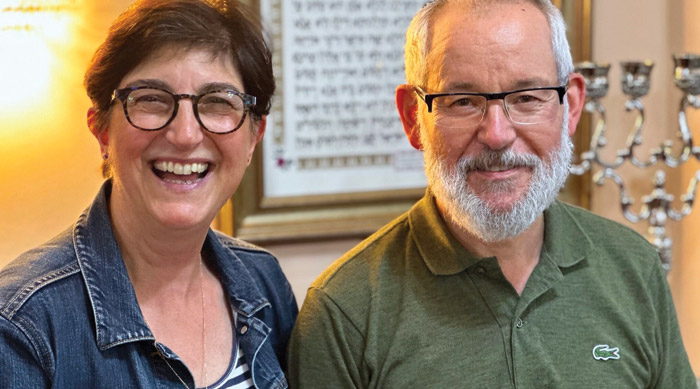
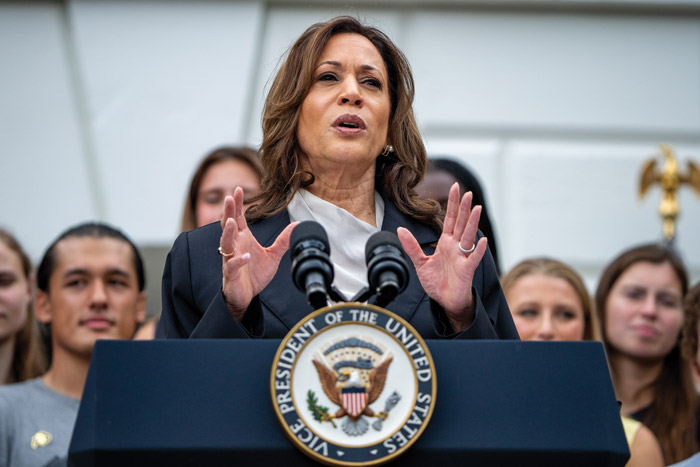
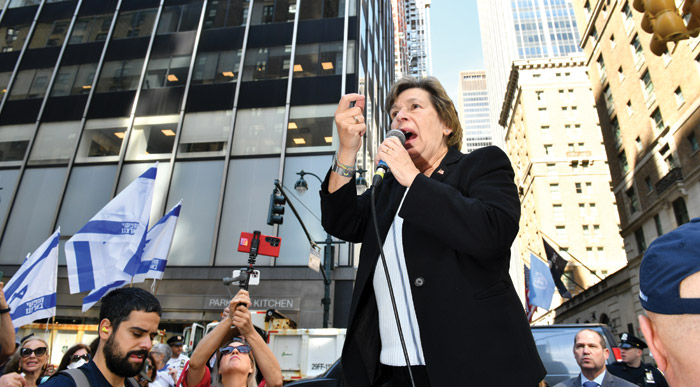
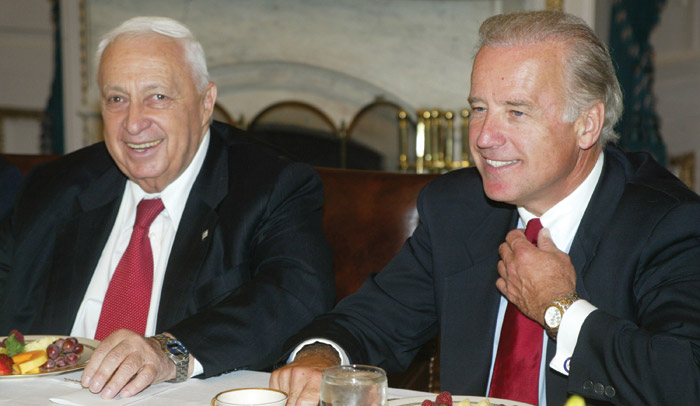
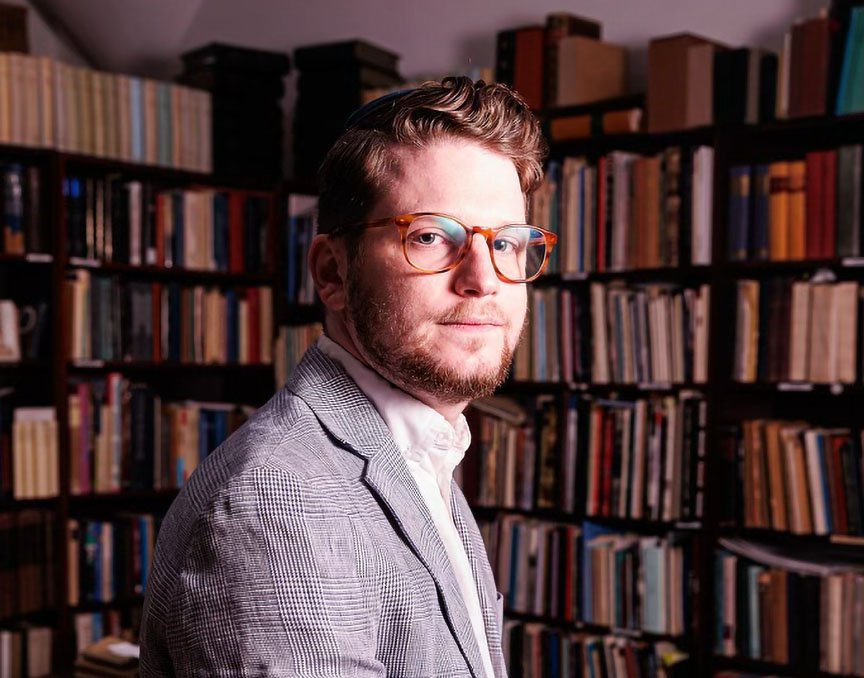
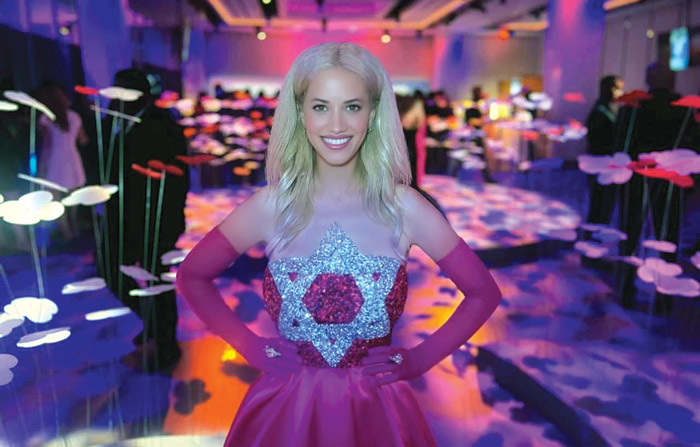
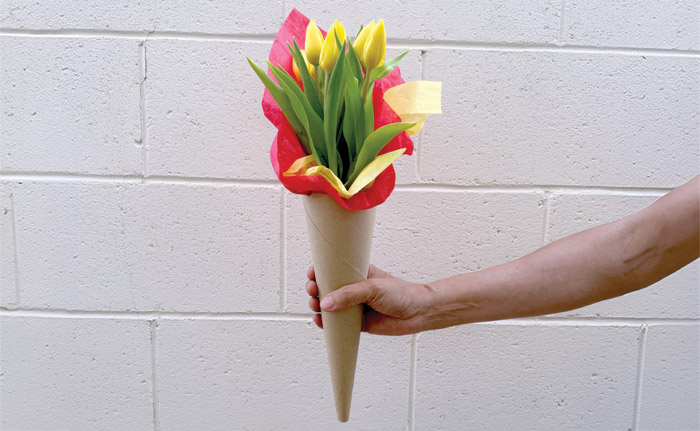
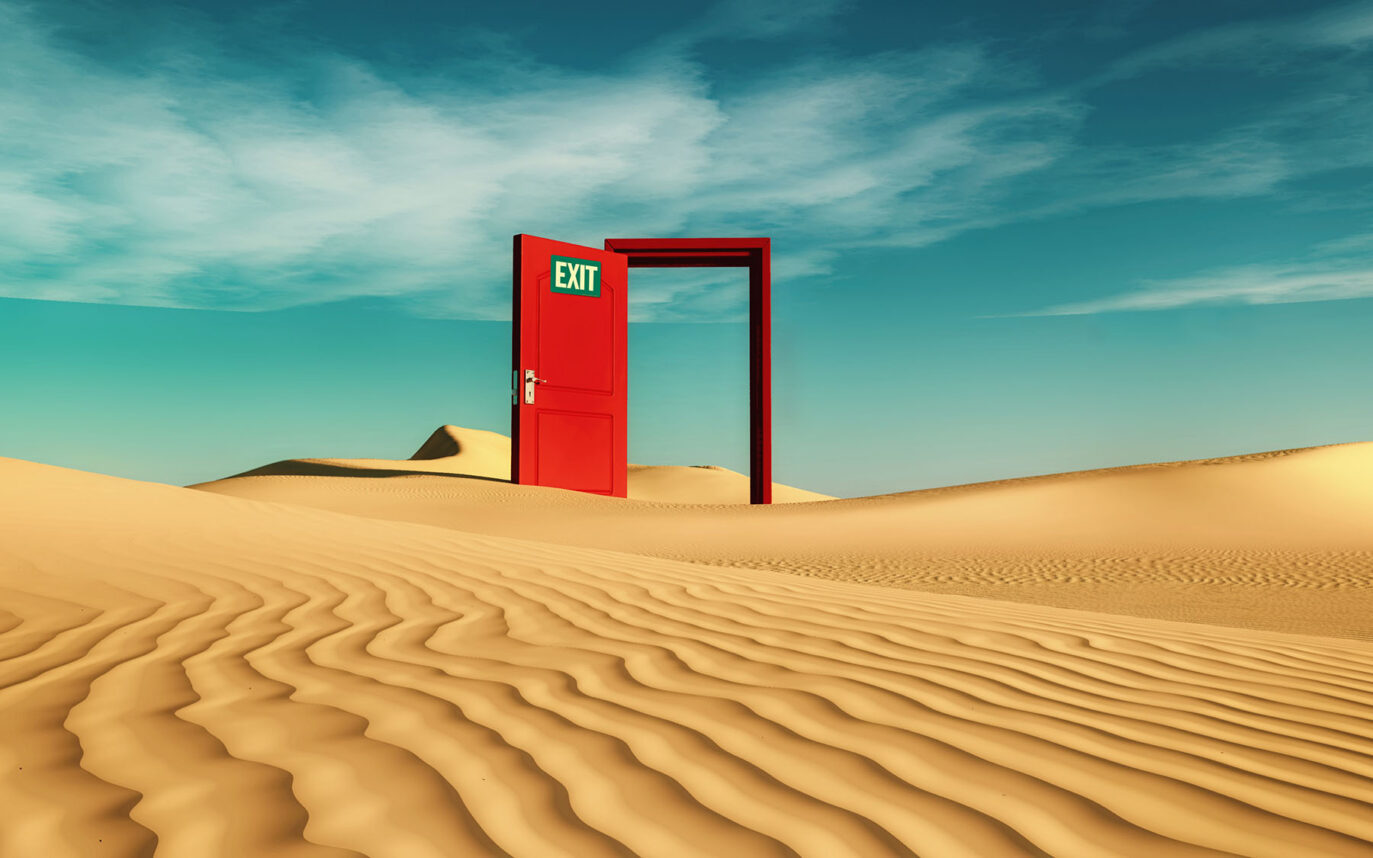
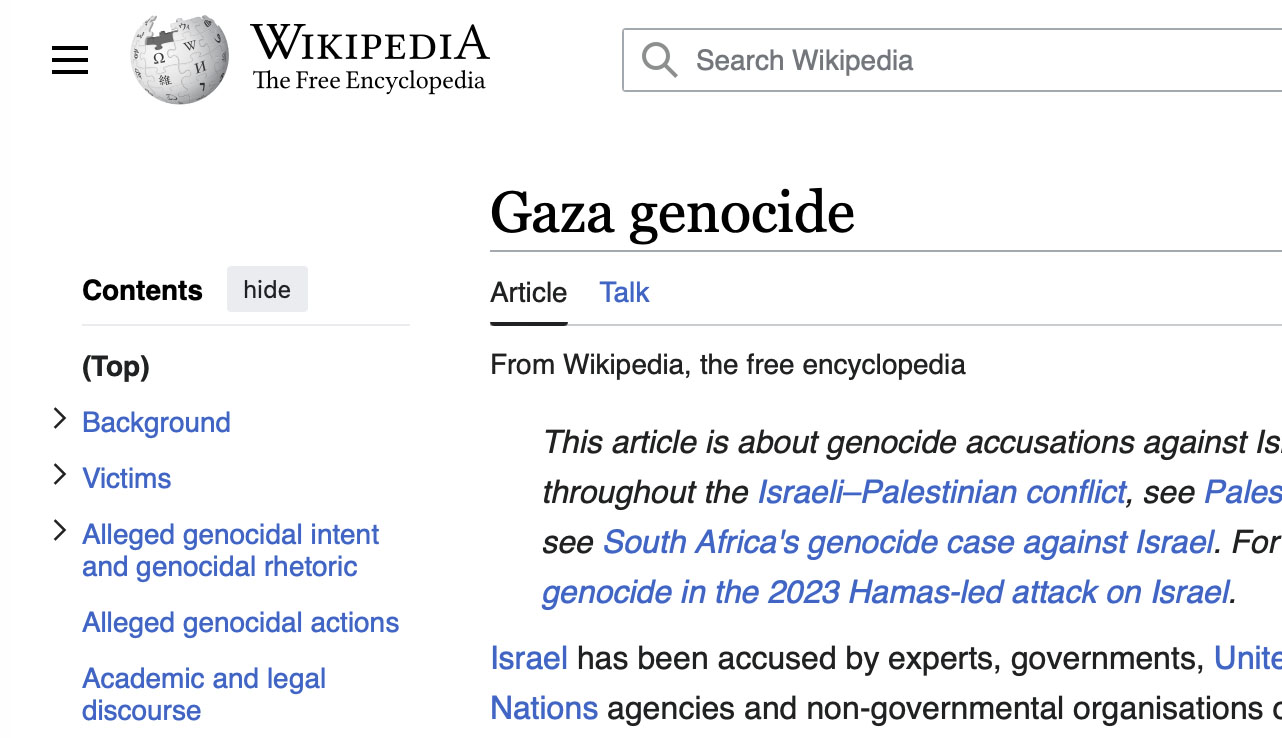



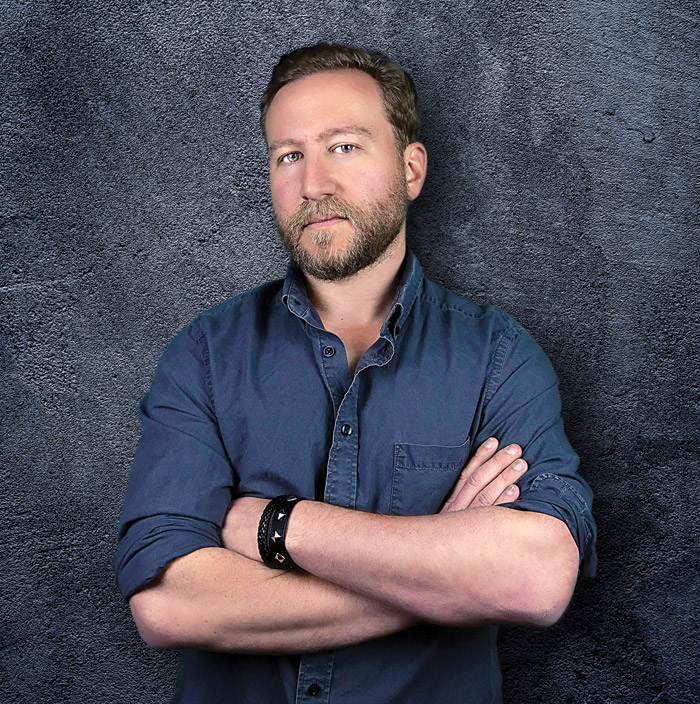

 More news and opinions than at a Shabbat dinner, right in your inbox.
More news and opinions than at a Shabbat dinner, right in your inbox.